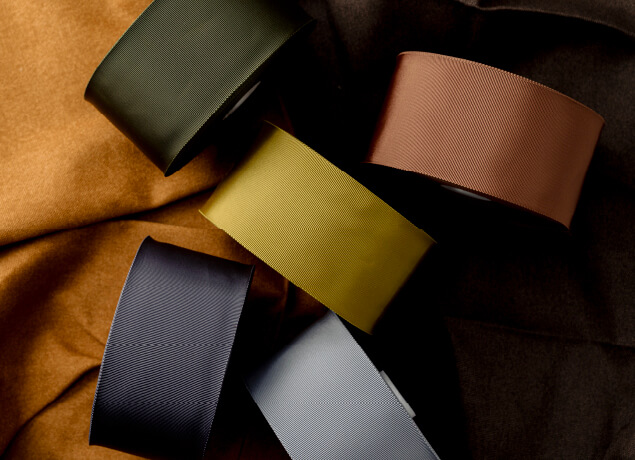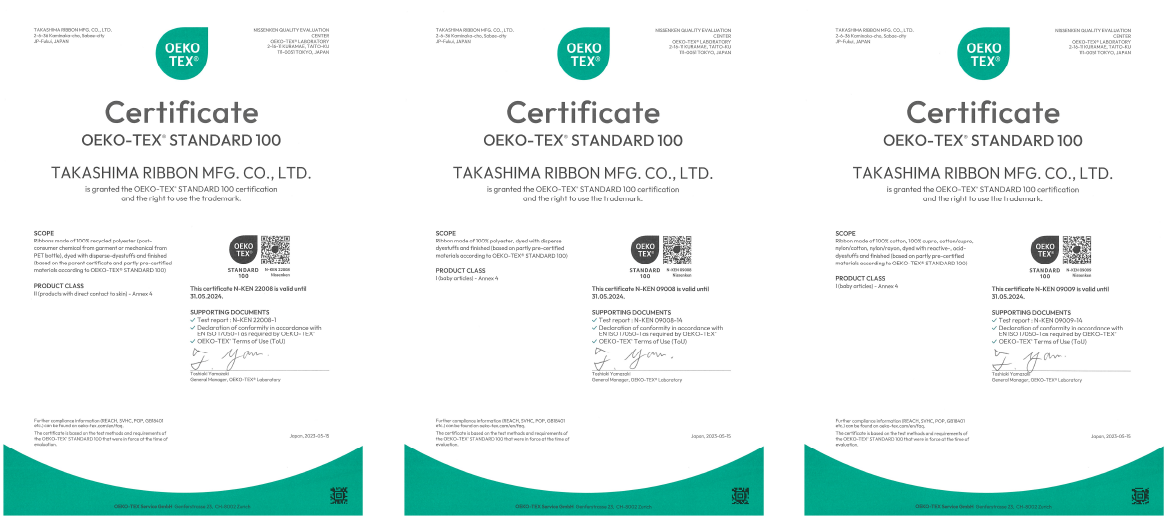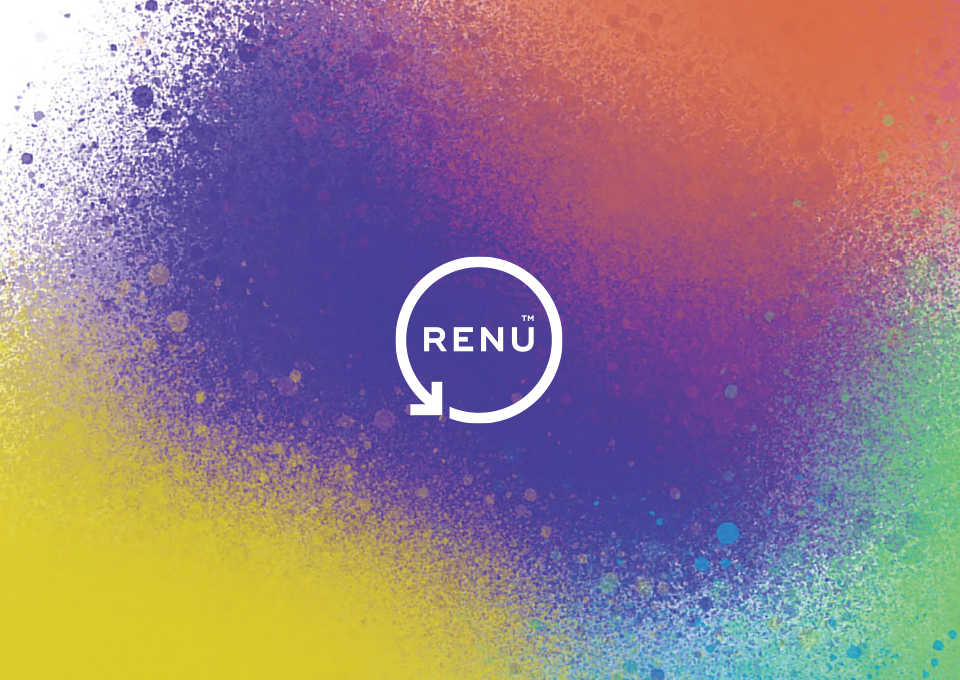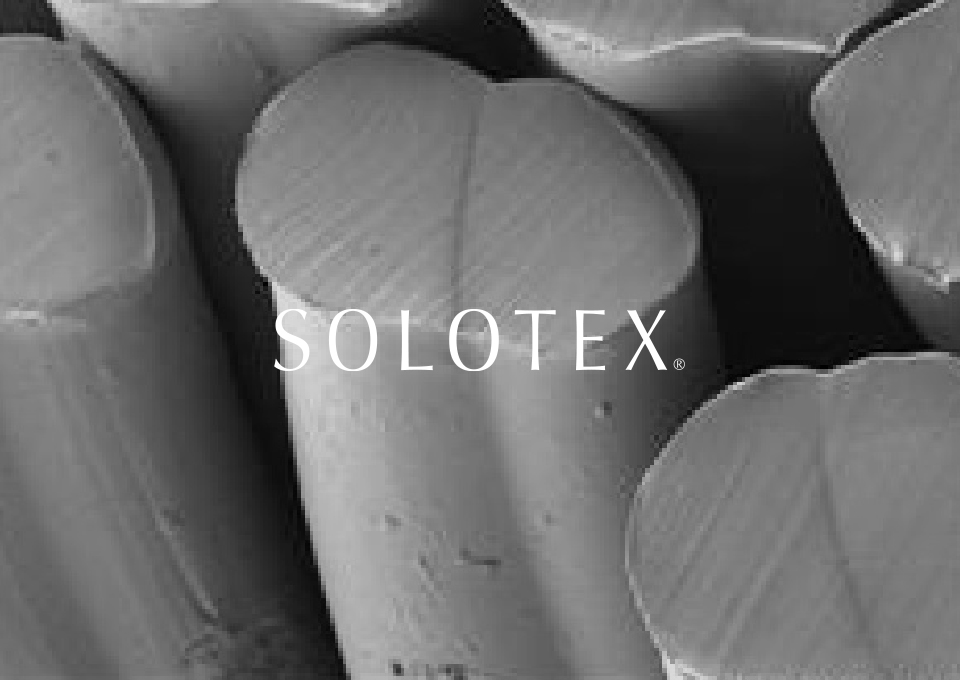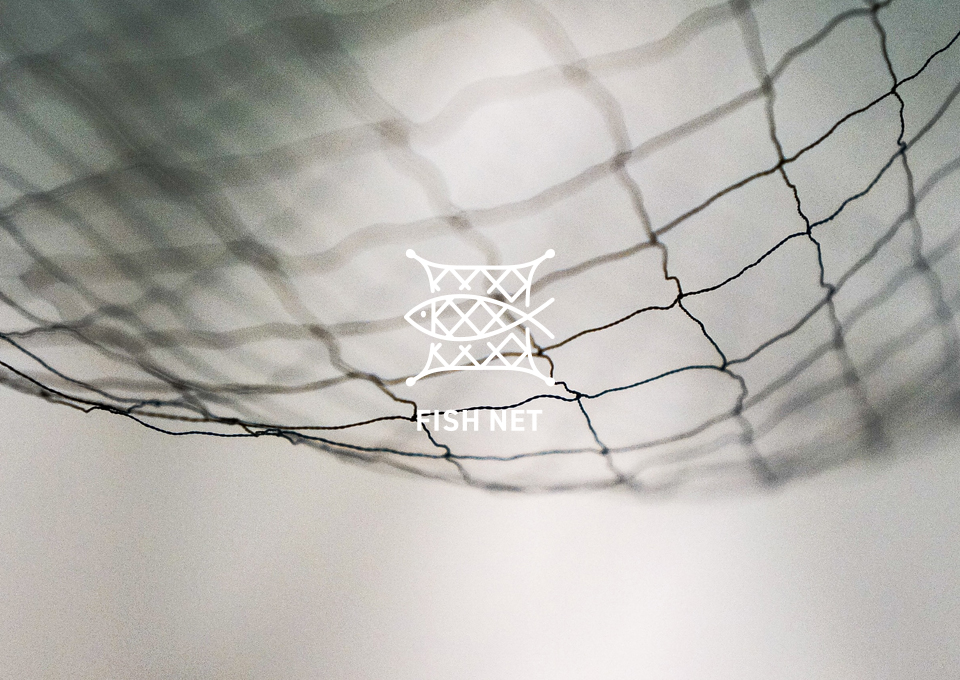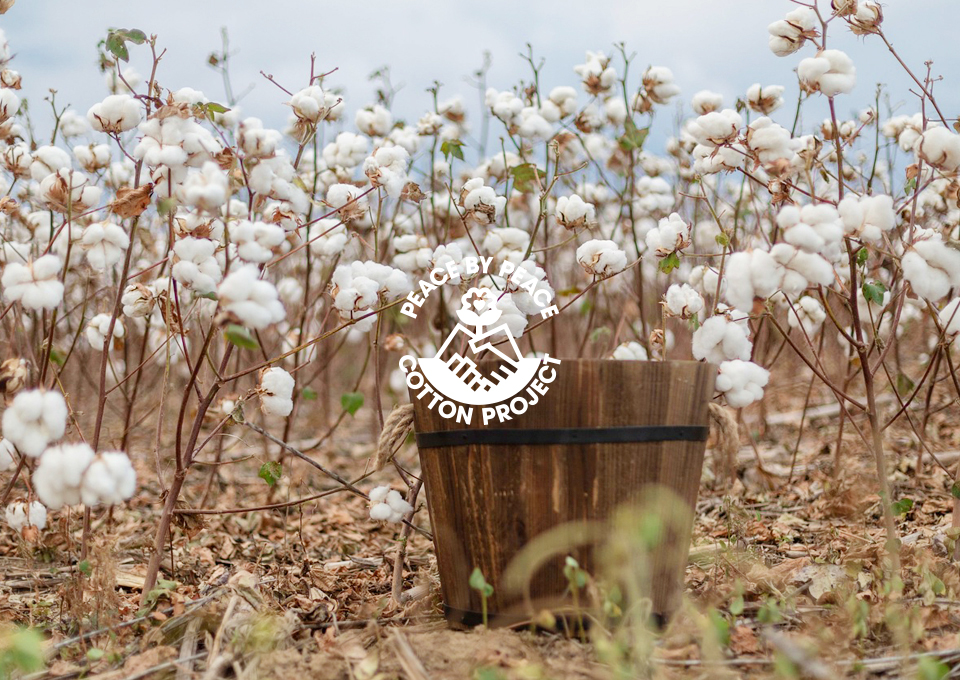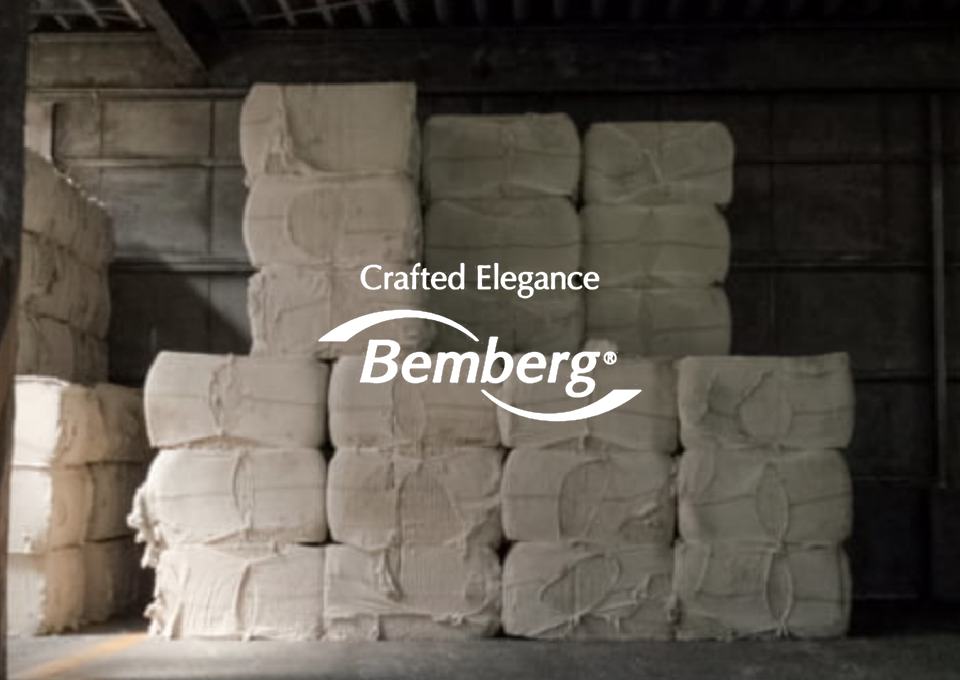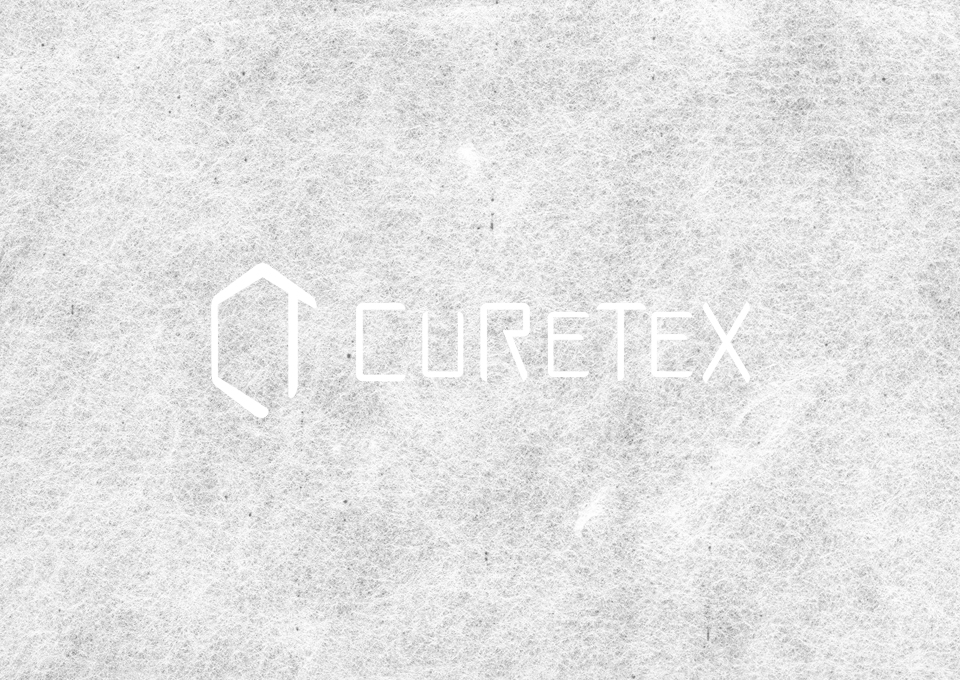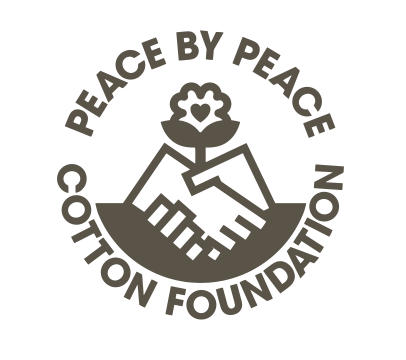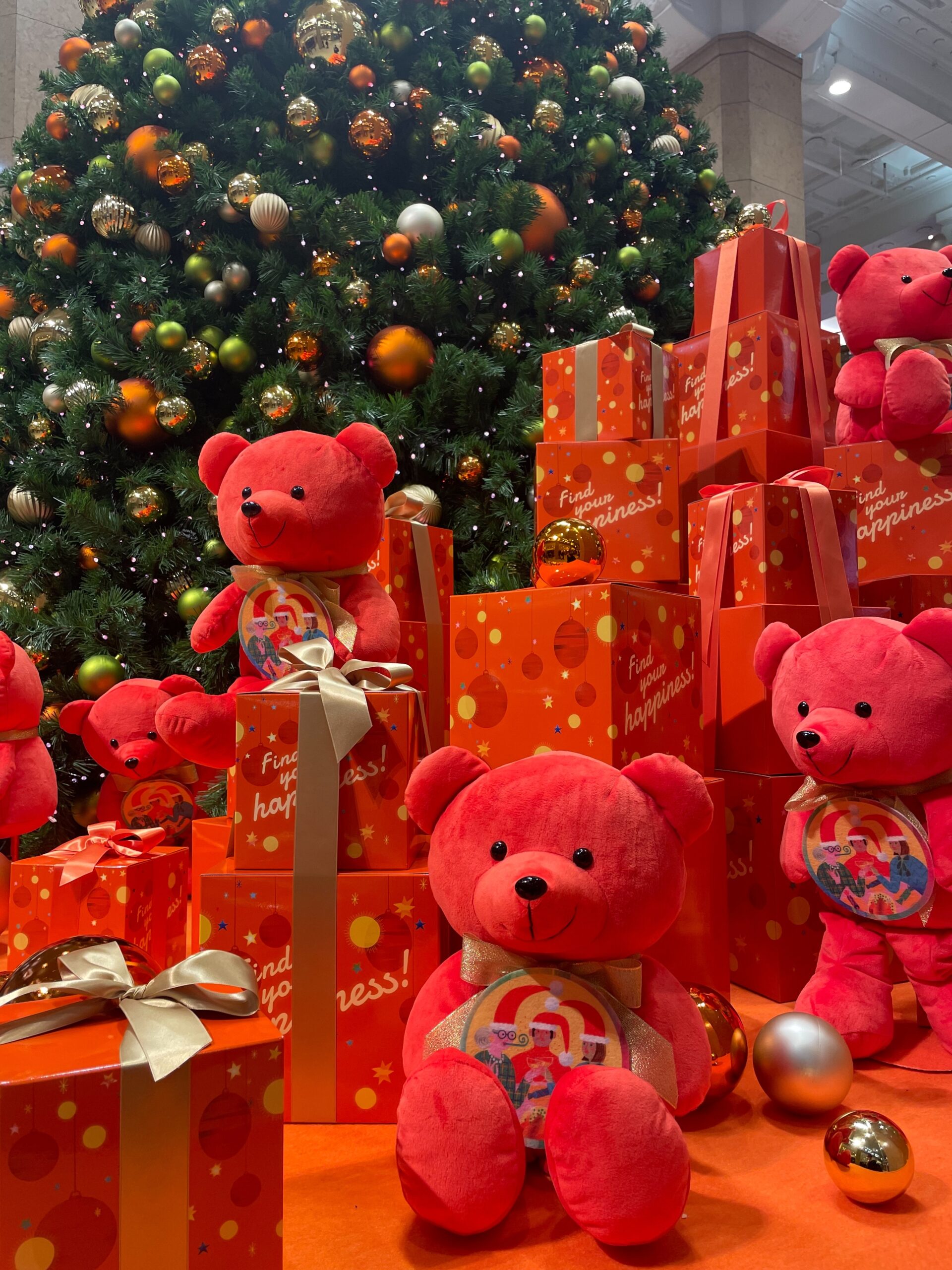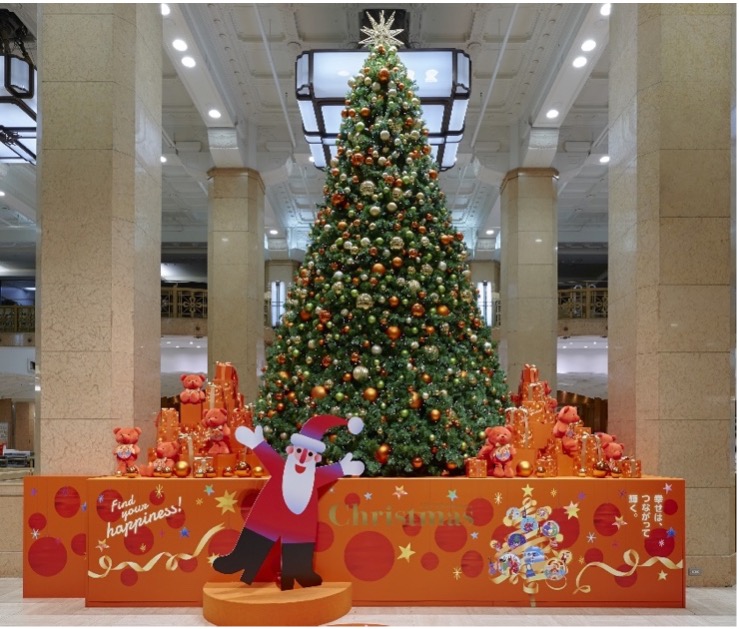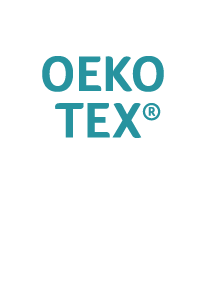Sustainable,
towards a happy future.
The apparel industry is positioned as the second-largest environmental polluting industry in the world, and the massive disposal of textiles has become one of the global issues. In the midst of this, we, as producers, have launched the 'I am sustainable' ribbon brand, seriously contemplating and implementing our 'responsibility to create'.
Through the ribbons of this brand, we aim to reduce environmental impact and envision a sustainable future.
Through the ribbons of this brand, we aim to reduce environmental impact and envision a sustainable future.






